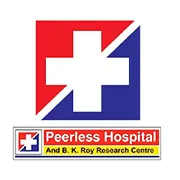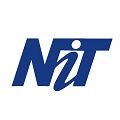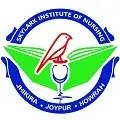Curriculum:
- The B.Tech in Food Technology curriculum covers subjects like Food Chemistry, Food Microbiology, Food Safety and Quality Control, Food Processing Technology, Food Engineering, Food Packaging Technology, and Nutrition Science. This broad curriculum is designed to give students expertise in food safety, processing, production, and quality control, preparing them for roles across the food industry.
Internship/Practical Training:
- Practical training is a key component in Food Technology. Students participate in internships, lab work, and field projects in food processing plants, quality testing labs, or research institutions. This hands-on experience in areas like food safety protocols, product testing, and quality management is essential for real-world applications in food science and technology.
Job Prospects:
- Graduates in Food Technology have numerous job opportunities across industries such as food processing, quality control, dairy, beverages, pharmaceuticals, research, and government agencies. With growing demand for processed foods and heightened awareness of food safety, food technology professionals play crucial roles in ensuring safe and high-quality products.
Salary Range:
- Entry-level salaries for Food Technology graduates typically range from INR 3 lakh to 6 lakh per annum, depending on the role, organization, and location. Experienced professionals in specialized roles or managerial positions can earn significantly more.
Further Studies:
- After completing B.Tech in Food Technology, graduates can pursue M.Tech in Food Technology, M.Sc. in Food Science, or MBA in Agri-Business. Certifications in areas like Food Safety, Quality Assurance, and Nutrition Science further enhance career prospects, allowing for specialization in high-demand areas like food quality and safety management.












